
Professor Georgina Ellison-Hughes
Professor of Regenerative Muscle Physiology
Research interests
- Biomedical and life sciences
Biography
Georgina Ellison-Hughes is Professor of Regenerative Muscle Physiology and Marie Curie Fellow in the Centre of Human & Applied Physiological Sciences, King’s College London, UK. She has a BSc Sports Science (Physiology), First Class, and PhD entitled ‘Myocyte Death and Renewal in Skeletal and Cardiac Muscle’ supervised by Prof. David F. Goldspink, at Liverpool JM University, UK. She completed postdoctoral studies at New York Medical College, and Mount Sinai School of Medicine, NYC, USA. She was a post-doctoral fellow of the American Heart Association whilst training in New York, USA, 2003-2007. Her research programme focuses on understanding the biology of ageing, and in particular the role of cellular senescence, in the regeneration and repair of striated (skeletal and cardiac) muscle. Approaches include exercise training, administration of small molecule regenerative growth factors and/or stem cells, and targeting cell senescence. We have shown how targeting or modulating cell senescence improves cardiac repair and regeneration. She has made highly impactful contributions to the field establishing a world-leading track record with publications in top journals (Cell, Circ Res, Eur Heart J, Cell Research, Aging Cell).
She is a member of the UNESCO Executive committee ‘Anti-Aging and Disease Prevention’, launched in Beijing, China 2019, where together with 17 members, she contributes to promoting research and development of effective, safe and accessible anti-aging and preventive therapies to the world. During the pandemic she contributed to experimental clinical trials where mesenchymal stem/stromal cells (MSCs) were transplanted as a treatment for COVID-19 cytokine storm and ARDS.
She has delivered >45 Plenary, Invited Speaker & Session chairs at International and National conferences and is a TEDx Speaker. What becomes of the broken heartened: Rejuvenating hearts. https://youtu.be/MFjkw13A0-4
Research
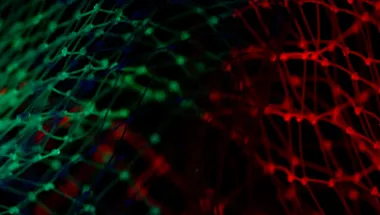
Ellison-Hughes Group
The group led by Dr Georgina Ellison-Hughes
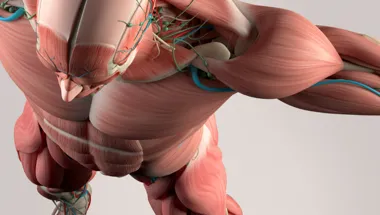
Muscle: Form and Function
The Muscle: Form and Function group is made up of biomedical scientists and physiologists whose research programmes range from cell and molecular biology and physiology to whole-body systems and integrative physiology
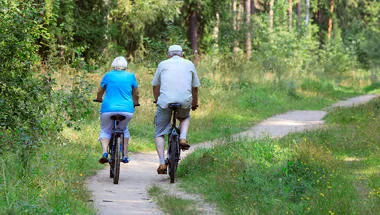
Centre for Ageing Resilience In a Changing Environment - CARICE
Welcome to the Centre for Ageing Resilience in a Changing Environment: CARICE

Organoids Research Interest Group (ORIG)
Organoids are 3D, miniature versions of organs grown from stem cells. They replicate organ structure and function, making them essential for studying tissue homeostasis, disease mechanisms, and developing new therapies. This research interest group encompasses all organoid-related research at King’s College London.
News
New group of drugs found to eliminate 'zombie' cells associated with cardiovascular disease
Researchers show that use of senolytics can improve the reparative properties of human heart cells by eliminating senescent ‘zombie cells’, known to be...
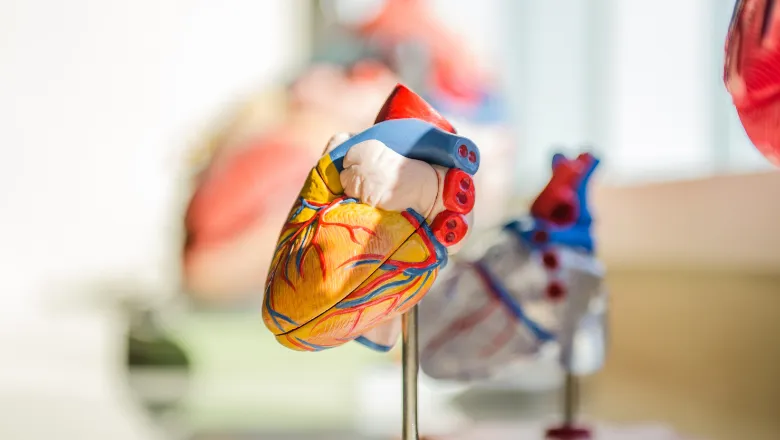
Novel stem cell therapy approach proves effective in treating COVID-19
An international team of researchers has advanced a new therapeutic approach using stem cells to treat COVID-19.
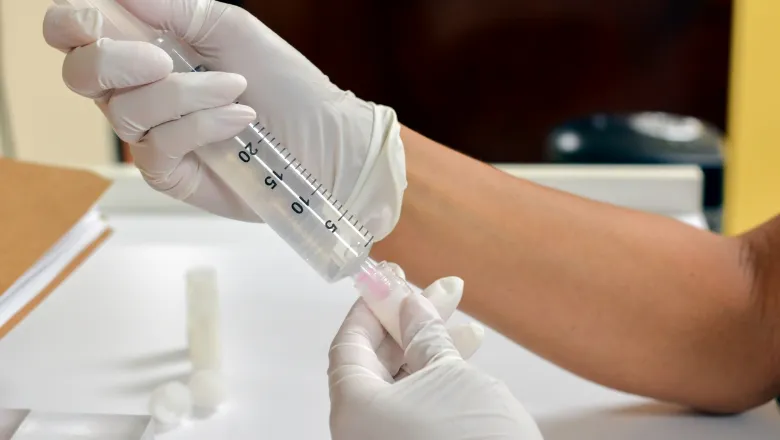
Boosting the search for coronavirus treatments
King's scientists are coming together in the search for novel COVID-19 treatments.
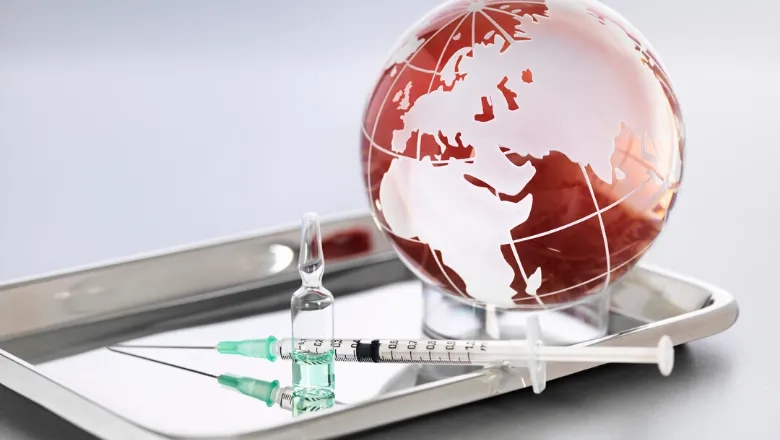
A new therapeutic approach improves the outcome of patients with COVID-19 pneumonia
A new technique to improve the outcome of patients with novel coronavirus (COVID-19) pneumonia has proven safe and effective.

Events
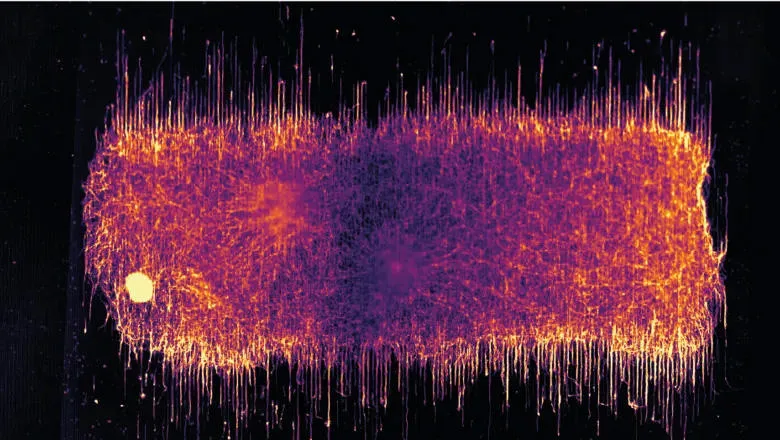
King's Experts Series: New Technologies for Mind and Body
The mind and body have long been a source of scientific and philosophical discussion and debate. But with new technologies transforming our understanding of...
Please note: this event has passed.
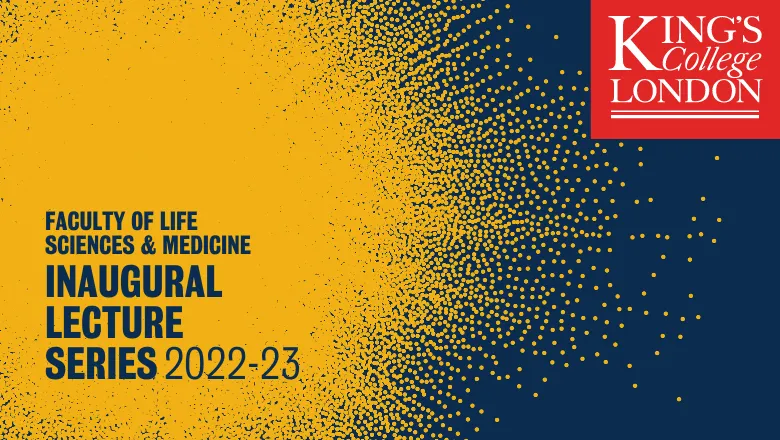
Inaugural Lecture: Professors Georgina Ellison-Hughes & Ronak Rajani
Inspiring talks from some of our brightest minds
Please note: this event has passed.
Features
DDI Spotlight: 5 minutes with Georgina Ellison Hughes
Our DDI Spotlights explore our Academic Leads for Development, Diversity and Inclusion from across the Faculty of Life Sciences & Medicine

King's contribution to coronavirus response
King's academics and researchers are supporting ongoing research and conversation addressing the global outbreak of novel coronavirus (COVID-19).

Research

Ellison-Hughes Group
The group led by Dr Georgina Ellison-Hughes

Muscle: Form and Function
The Muscle: Form and Function group is made up of biomedical scientists and physiologists whose research programmes range from cell and molecular biology and physiology to whole-body systems and integrative physiology

Centre for Ageing Resilience In a Changing Environment - CARICE
Welcome to the Centre for Ageing Resilience in a Changing Environment: CARICE

Organoids Research Interest Group (ORIG)
Organoids are 3D, miniature versions of organs grown from stem cells. They replicate organ structure and function, making them essential for studying tissue homeostasis, disease mechanisms, and developing new therapies. This research interest group encompasses all organoid-related research at King’s College London.
News
New group of drugs found to eliminate 'zombie' cells associated with cardiovascular disease
Researchers show that use of senolytics can improve the reparative properties of human heart cells by eliminating senescent ‘zombie cells’, known to be...

Novel stem cell therapy approach proves effective in treating COVID-19
An international team of researchers has advanced a new therapeutic approach using stem cells to treat COVID-19.

Boosting the search for coronavirus treatments
King's scientists are coming together in the search for novel COVID-19 treatments.

A new therapeutic approach improves the outcome of patients with COVID-19 pneumonia
A new technique to improve the outcome of patients with novel coronavirus (COVID-19) pneumonia has proven safe and effective.

Events

King's Experts Series: New Technologies for Mind and Body
The mind and body have long been a source of scientific and philosophical discussion and debate. But with new technologies transforming our understanding of...
Please note: this event has passed.

Inaugural Lecture: Professors Georgina Ellison-Hughes & Ronak Rajani
Inspiring talks from some of our brightest minds
Please note: this event has passed.
Features
DDI Spotlight: 5 minutes with Georgina Ellison Hughes
Our DDI Spotlights explore our Academic Leads for Development, Diversity and Inclusion from across the Faculty of Life Sciences & Medicine

King's contribution to coronavirus response
King's academics and researchers are supporting ongoing research and conversation addressing the global outbreak of novel coronavirus (COVID-19).

